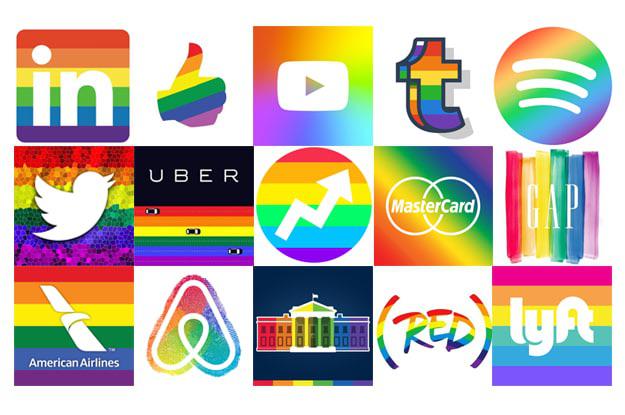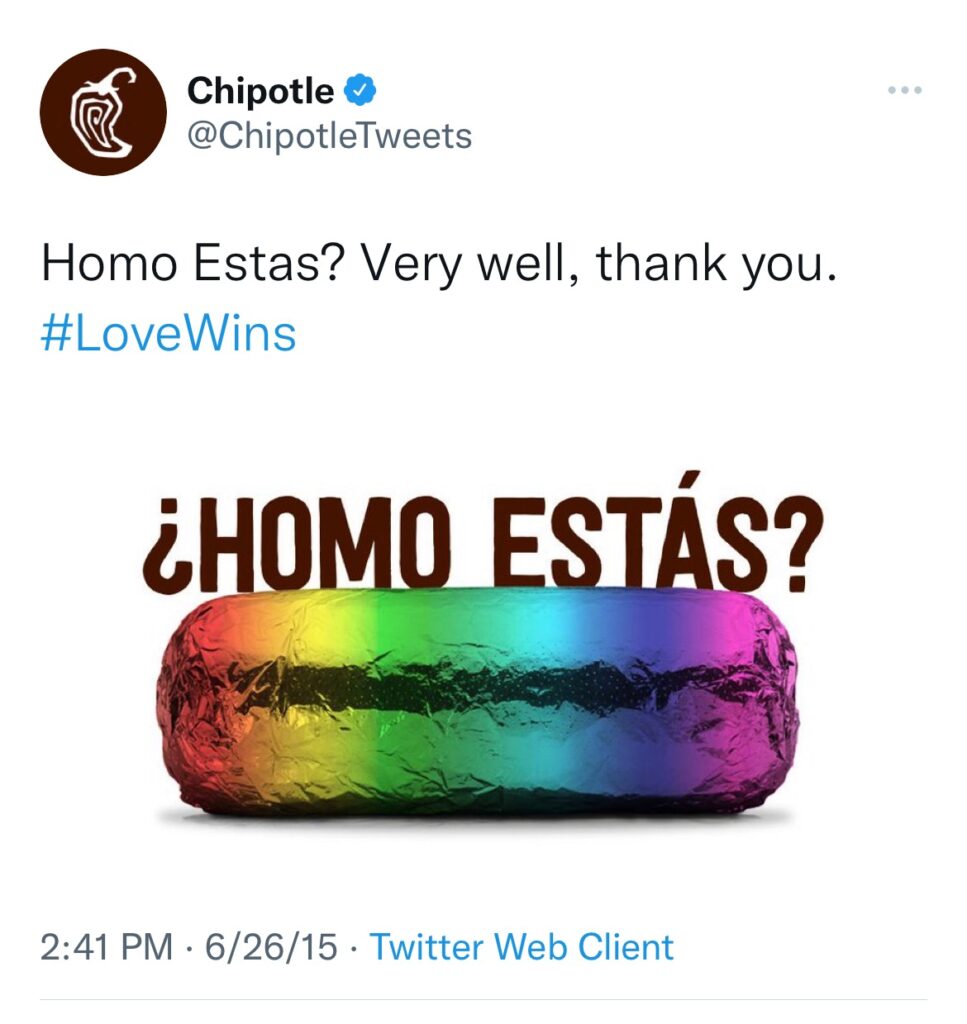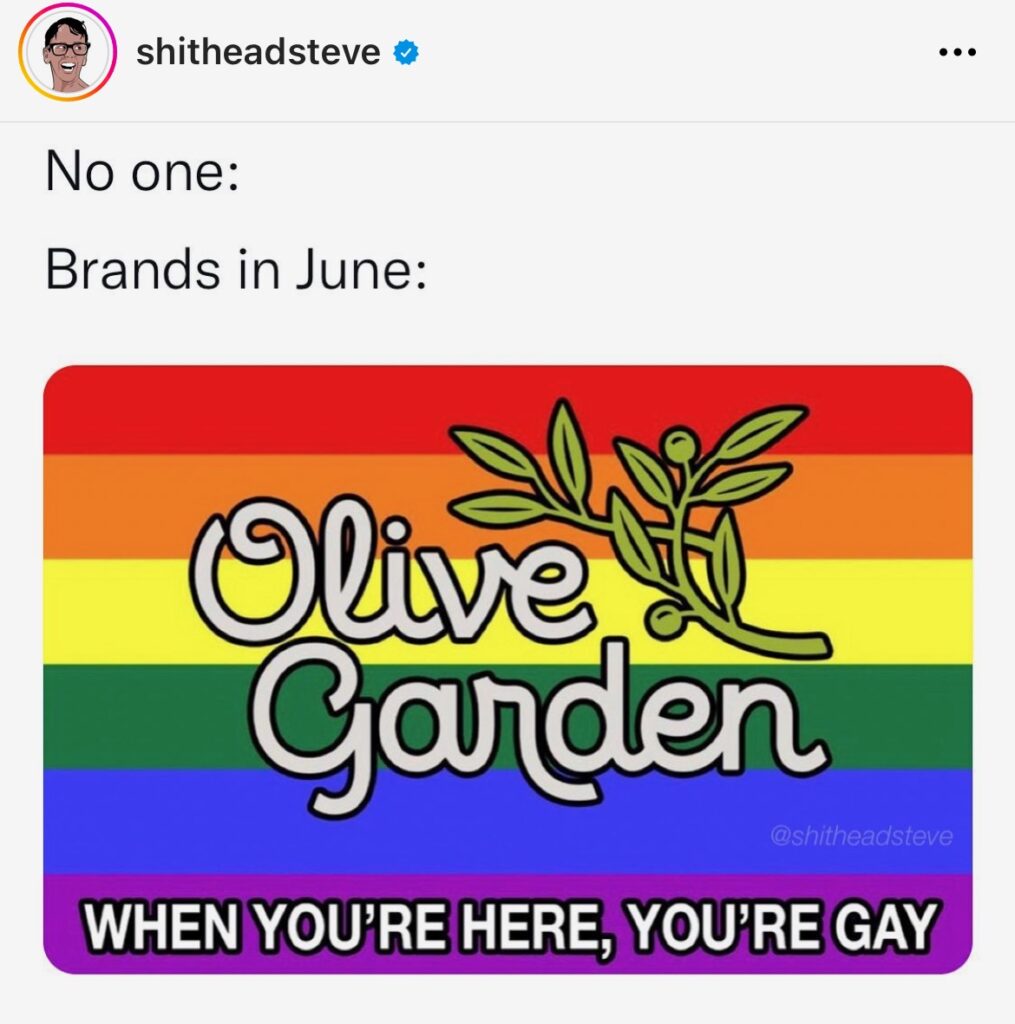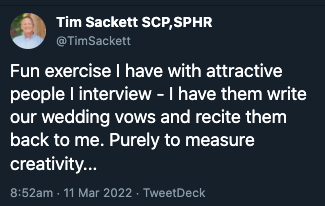Obviously, we had major news recently around abortion rights in America.
What I really want to talk about today is an amazingly quick response by organizations to immediately offer a new health benefit. Within hours of the announcement, we saw major employers come out publicly stating they would pay for the expense of their employees to obtain legal abortions if they could not get one in the state they lived and worked. Some employers also announced that they would pay for relocations for their employees to live in states with legal abortions.
All of this, just from a health benefit plan design perspective is quite remarkable!
Most employers can’t agree on offering smoking cessation programs for their employees or paying for gym memberships, but within hours, we are now paying for abortions. We have severely unhealthy obese employees, but we won’t pay for bariatric surgery. Organizations tend to move very slowly in making benefit design changes, and those changes tend to mostly be around cost/benefit.
Are we being “Inclusive” by offering an abortion benefit?
Again – I’m 100% in favor of a woman’s right to choose!
But we need to have a conversation about the hypocrisy of some of these decisions being made around this issue. This is what we do as professionals in HR. We discuss decisions we make as organizations, and how each decision tends to lead to other issues we can’t yet know what they might be.
So, we are now offering abortions as a health benefit. Why?
Let’s say we are willing to pay $5,000 dollars for our female employees to get an abortion. It definitely makes us sound like we are a very progressive employer! It’s interesting, though, that many of the employers who are willing to pay for your abortion are not willing to pay for your parental leave if you chose to keep your baby. They are unwilling to pay for childcare assistance after you have your baby.
Why is that?
Could it be, that not having children make you a more productive and less expensive to insure employee?
We must ask ourselves this question, if not only to ensure we are being inclusive in our insurance offerings to our female employees.
If you want to be “inclusive” you offer a woman a full choice. Yes, you can choose to have an abortion and we’ll support you! Yes, you can have the baby, and we will still support you! If you only choose one side, you are being exclusionary. Why?
Abortion as an employer-paid health benefit
There are benefits we pay as employers that have very little financial impact but make us look like we are an employer of choice. College Tuition reimbursement was always the biggest one. We offer you college tuition reimbursement knowing almost no one actually takes advantage of it. It’s one of the lowest-used benefits a company can offer! But, we feel great about ourselves when we market this out to candidates and employees.
Are abortion benefits the next college tuition benefit? You offer it up, knowing it makes you look like a progressive employer, but you know it really has very little financial impact. On the flip side, offering paid parental leave and childcare assistance, well, those benefits actually cost us real money, so no, we won’t offer those!
All women should be allowed to make their own choice with their bodies. Period. Employers are going to decide if they should help women with that decision. I think we, as HR leaders and professionals, should be advising our executives that having a “Choice” is about more than one option. Our benefit plans should support any choice a woman wants to make, not just one.
Abortion is health care. Having and caring for a child is health care. Organizations need to support all choices that a woman might want to make.




